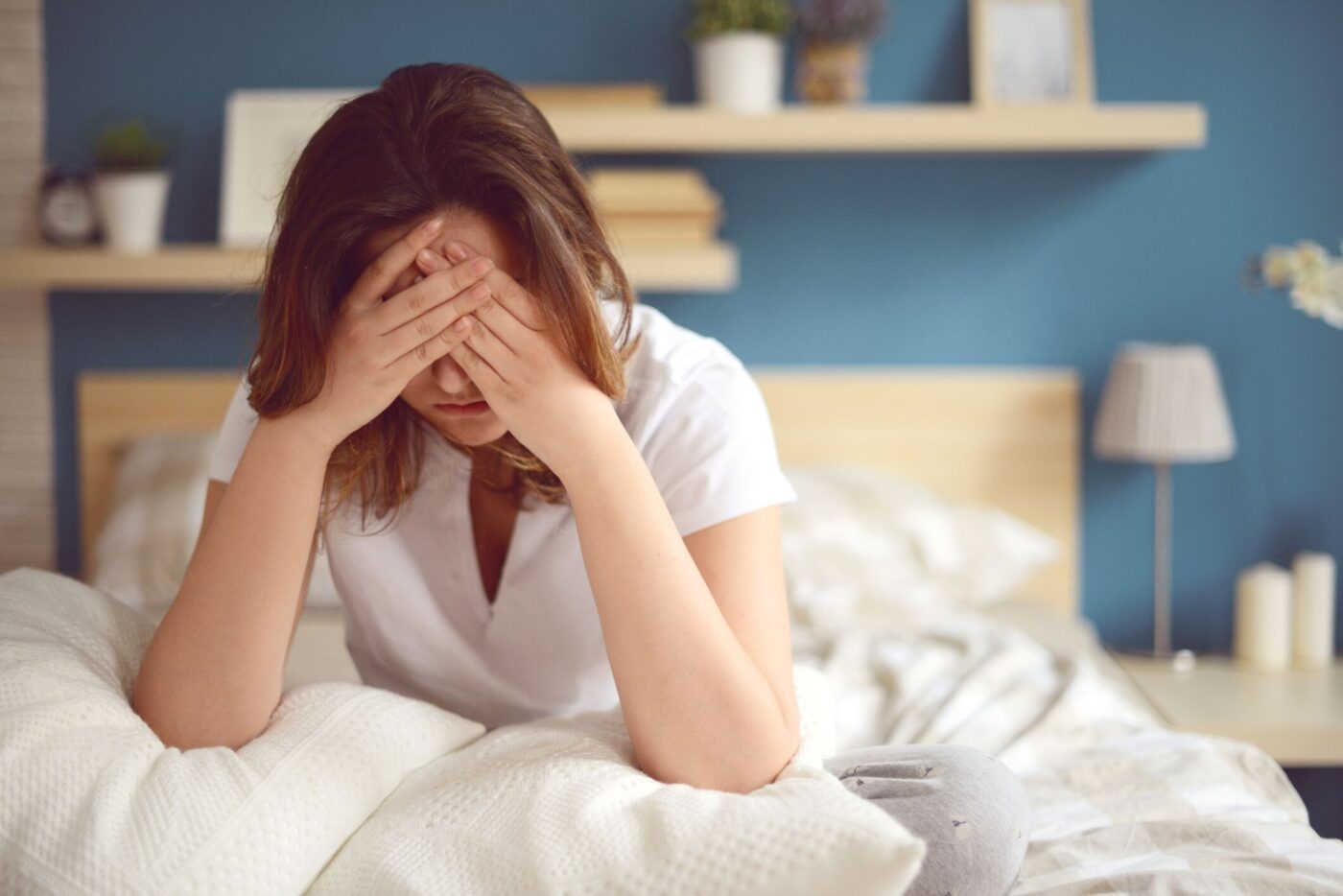Orthosomnia explained by a Consultant Neuropsychiatrist
Dr Julius Bourke, Consultant Neuropsychiatrist at Re:Cognition Health was featured in an article on Refinery29 exploring orthosomnia, a condition where individuals become obsessed with getting the perfect night’s sleep.
With fitness apps, gadgets and trackers rising in popularity as consumers take control of their health, the sleep-health industry is also rapidly growing by around 8% every year and is estimated to be worth $40billion, according to a 2017 McKinsey report.
Dr Bourke gives his insight into orthosomnia, which relates to an obsessional monitoring of sleep, typically using modern technology:
“People with new gadgets are often excited by them and the apparent advances that the tech represents – the capacity to monitor sleep is just one example. This collides with modern and popular views on optimising health, with monitoring sleep and diet perhaps being top of the ‘to do lists’ that we are exposed to on social media.
“What results is a new device that fits well with the current zeitgeist. In most instances, this does not represent a problem. However, under certain circumstances, a reliance upon the technology to inform us whether we are sleeping well enough develops, rather than listening to our bodies and our past experience – we have all done quite a lot of sleeping in the past, after all.
“The difficulty here is that some people are more likely to develop such a reliance. These may be more the more obsessively minded, the perfectionists, those more naturally inclined to be anxious about their health and those more likely to run into difficulties with sleep. As the reliance develops, so too does a disconnect between the actual number of hours that an individual may need to sleep, and the perceived quality of that sleep as informed by technology rather than by how they feel when they wake in the morning.
“Getting a solid eight hours of sleep without difficulty and waking feeling refreshed in the morning is a reasonable sign that you have slept well and for most people, this would be informative enough. However, when an all-singing-all-dancing, and let’s not forget expensive piece of kit tells you that you are wrong, who are you to disagree?
“A cycle of competing with the technology may then arise: increasing the amount of sleep or changing the way in which one sleeps in an effort to obtain the ‘perfect’ night. This is self-perpetuating, difficult to break and, potentially anxiety provoking or, at the very least, stressful: consequences that are likely to disrupt sleep further as a matter of course. Those with insomnia may be vulnerable to such a situation but so too are those without obvious insomnia that are worried about the quality of their sleep and find themselves monitoring it on a more obsessional basis.
“These two are not mutually exclusive and in fact are typically joined at the hip to some degree. I don’t think we yet know whether those with insomnia are more likely to develop orthosomnia, or whether insomnia is more commonly the consequence of it. The consequences of excessively monitoring symptoms as a whole are well enough understood, and extrapolating this would suggest that it may be a matter of both cause and effect.
“Should you consistently feel unrefreshed in the morning after 7-9 hours sleep, struggle to get to sleep, wake frequently in the night or very early in the morning and are unable to return to sleep, you should consider speaking with your GP as soon as possible.”
To read the full article on Refinery29, visit here.
 Visit our USA website
Visit our USA website





